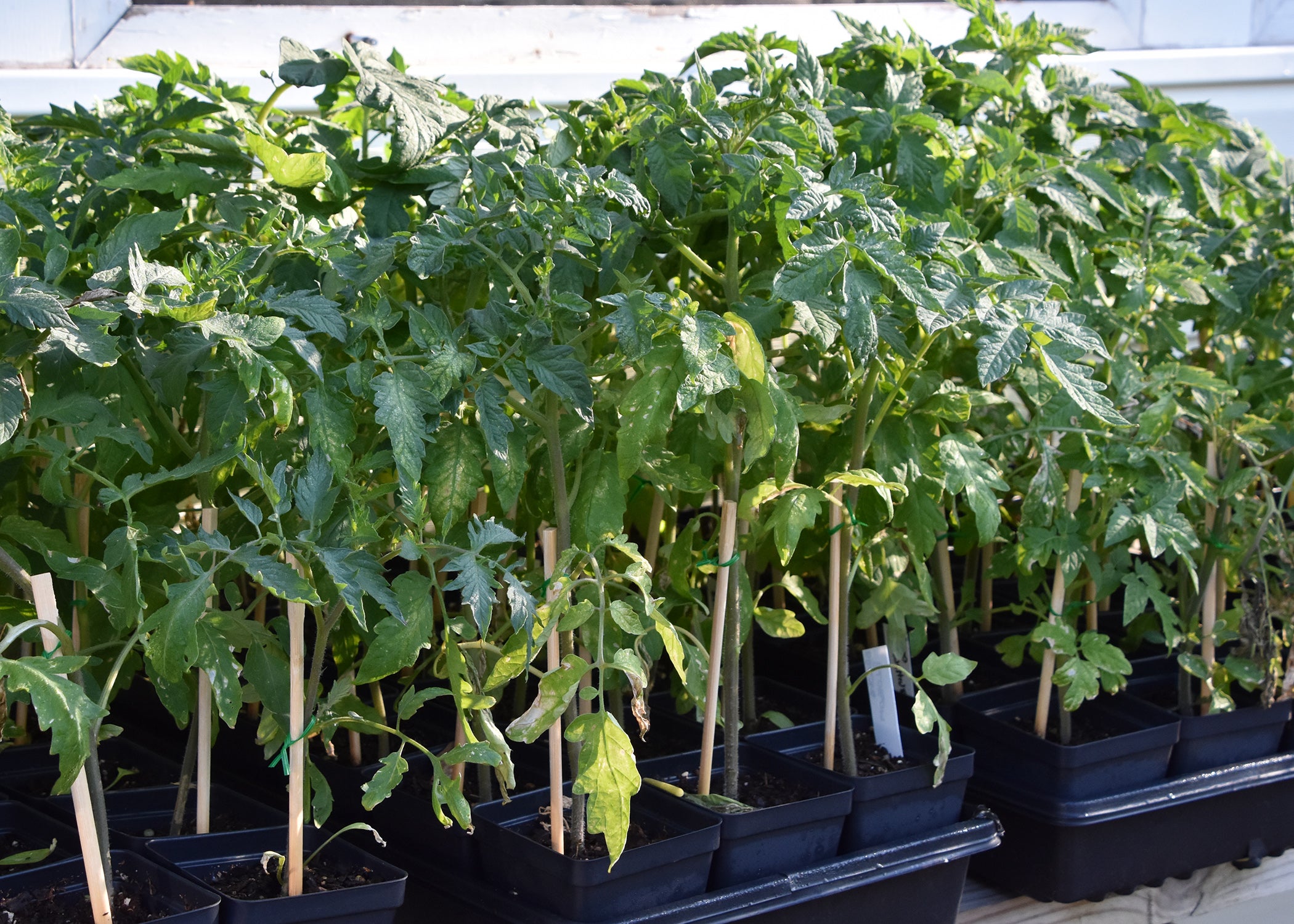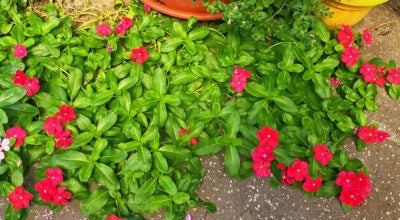Base summer planting on research, not myth
Published 10:19 pm Monday, April 4, 2022

- TOMATO -- An old saying urges gardeners to plant on Good Friday, but a better plan is to plant after the historic last frost dates for your area. (Photo by MSU Extension/Gary Bachman) Alt text -- Black trays hold dozens of tiny plants. ###
By Gary R. Bachman
MSU Extension Service
I think every gardener — whether just starting out or a seasoned veteran — has heard many an old adage related to growing a garden. Most of the gardening folklore revolves around the “best” planting times for various vegetable crops.
I remember growing up in Michigan with my family who loved fresh sweet corn. Sweet corn was kind of an end-of-summer treat. “Knee high by the Fourth of July” was the go-to benchmark as to whether the Labor Day cookout would be delicious with sweet corn on our plates.
Obviously, this saying about sweet corn doesn’t work for the southern parts of the country where I’ve enjoyed home-grown, freshly picked sweet corn on Memorial Day.
One of the most popular and stubbornly defended Southern gardening beliefs involves planting the summer vegetable garden on Good Friday.
Many believe this tradition started in the South, but the origins of planting on Good Friday date back to Europe in the 1600s. During this period, explorers and traders were bringing new plants and food crops discovered in the New World to the Old World.
One of these crops was the potato. Many people thought this new and strange tuber was evil and dangerous to eat — after all, it is a member of the nightshade family. To protect their families, the potatoes were planted on Good Friday and gardens were then sprinkled with Holy Water.
Fast forward to 2022 and consider planting gardens on Good Friday.
The reports I’ve had from past years is that sometimes the garden is great and other years it’s kind of “meh.” This is because Easter has a six-week swing through the calendar, and Good Friday can fall from as early as March 20 to as late as April 23.
The reason for this is related to lunar cycles. Easter is celebrated on the first Sunday after the paschal full moon. What is the paschal full moon, you ask? This is the first full moon after the vernal equinox, which you may recall is the astrological first day of spring.
The bottom line and my recommendation is to plant your summer garden according to the spring frost dates for your area of the state.
Planting on Good Friday simply because it is Good Friday could expose your newly planted garden to spring frosts yet to occur. And to muddy the waters just a bit, there’s an old Creole adage that you never plant on Good Friday. So, there you go.
The good news is that for most of Mississippi, we’ll be past the historic spring frost dates in a week or so. I started transplanting tomatoes in my coastal garden this past weekend.
Here’s to a great spring and summer gardening season.





